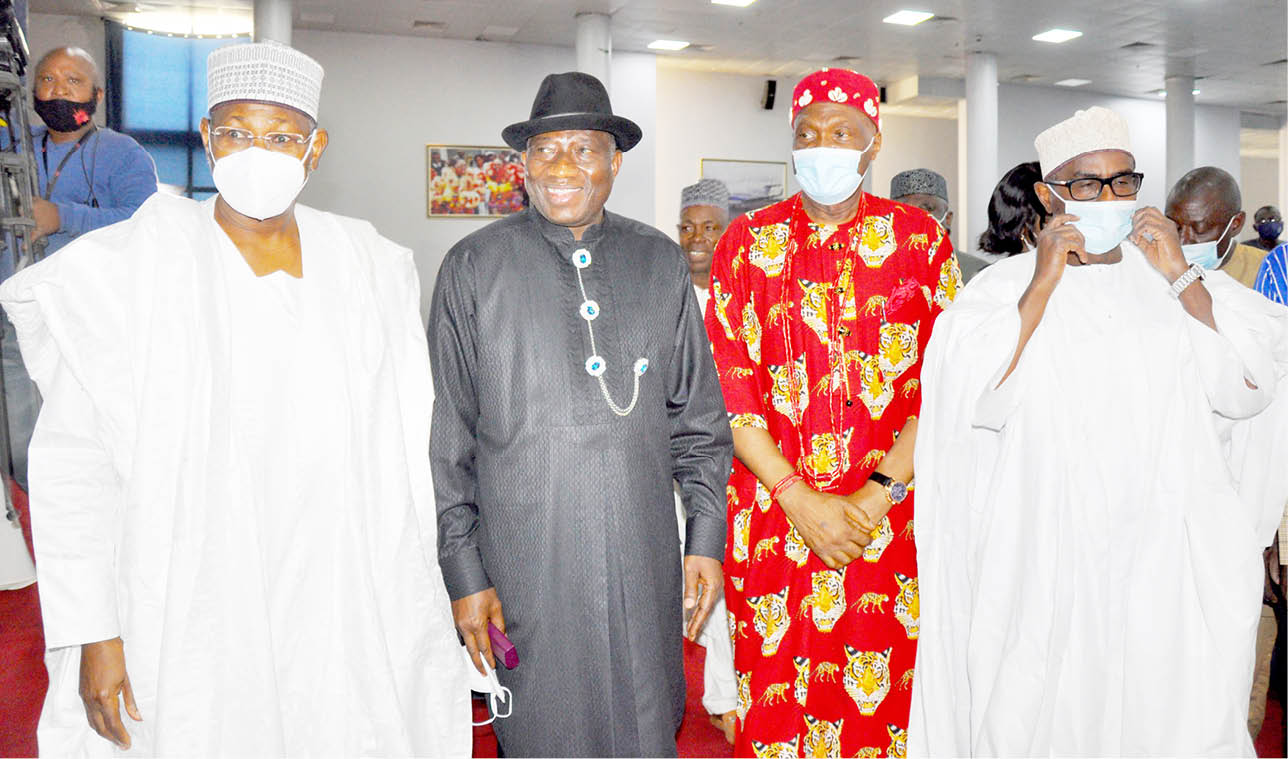As a buzzword in Nigerian politics and society, ‘restructuring’ has had a long and interesting life. First, politicians use the term to mobilise voters, seduce allies, intimidate opponents, or to extract political benefits and concessions from a sitting government. When used for these purposes, ‘restructuring’ signals a threat of tearing Nigeria apart or invokes frustrations of ‘marginalisation’ by one group as something caused by another. This is why since 1999, talk about this sort of ‘restructuring Nigeria’ tends to grow louder as general elections draw closer.
However, even when ‘restructuring’ is used as a political concept in the press or academia, rather than a practical strategy by politicians to intimidate or seduce one another, it still defies an exact meaning. Some use it to mean ‘true federalism’, that is, as a call for return to something akin to the old regions of the First Republic, as if actually existing federations can, by definition, be false.
Others see it as the need to devolve greater powers and resources to states and local governments, as if these cannot be done as a matter of everyday politics within the current constitutional framework. Yet, others use the term to call for state police, resource control, ‘fiscal federalism’, creation of more states, or their reduction along the lines of the so-called six geo-political zones. In short, restructuring Nigeria is simply whatever it means to the speaker or listener at any point in time.
Still, there is a sense in which much of the call for restructuring Nigeria is no more than lazy politics, and even lazier journalism and scholarship driven by two deeply entrenched political and intellectual currents that run deep in Nigerian politics and society. The first is the tendency to romanticise British and American institutions particularly, and Western countries more generally, as having the ‘best’ political, economic and social structures for organising society that Nigeria must emulate.
The second is a corollary of the first, and it is the tendency to denigrate any social and political institutions in Nigeria that diverge from their equivalents in the US or Britain. The further the structural arrangements of our federal union is from that of the United States, we think, for example, the more ‘inappropriate’, ‘wrong’ or ‘unfit’ we seem to think of it, hence the constant talk about ‘restructuring’ the country.
Seeing and thinking about our country as a poor and laughable imitation of other countries, rather than an original entity with its own distinct history and destiny in its own right, prevents us from truly appreciating the striking institutional innovations we have in Nigeria as it is even today. Indeed, Nigeria’s existing federal structures are so sound one might as well think of the country as a ‘natural federation’, or as one created by God. But to appreciate Nigeria as no less ‘true’ a federation as any in the world today, we first need to cut through and demolish decades of political subterfuge, intellectual sophistry, and often rampant ignorance on the subject.
First, we need to know ‘restructuring’ for what is. In whatever way the term is conceived or well-intentioned, all arguments for restructuring Nigeria are arguments about how to share the existing ‘national cake’. But the real challenge of development and nation building in Nigeria is about baking a bigger, a much bigger cake than we now have. Whichever way you restructure the country and share the existing cake at hand, it will never be enough for everyone, or every group, or every place.
The real job is to grow and expand the current cake and make it bigger enough to go round. As recent global history shows, this is very possible even within Nigeria’s current constitutional framework. The problem is that the skills required for baking and growing a national cake are very different from those needed for sharing it. We appear adept at tearing and intimidating each other to share the cake, but not so much as growing or significantly expanding the economy. In other words, to speak about restructuring is to speak in the language of consumption, not production and it is important to note the nuanced distinction.
Second, there is a sense in which much talk about ‘restructuring’ Nigeria is no more than a reflection of the poverty of imagination within our politics and political economy, rather than a matter of any deficiencies with the current federal structure. The English poet, Alexander Pope once said that “for forms of government let fools contest; whatever is best administered is best”. Structural arrangements matter, of course, but even the best structure will fail to yield desired results if poorly governed.
So we probably need to be humble and acknowledge the glaring fact that Nigeria’s problems right now, or at any time before, lie less with an imperfect structure than with the lack of imagination to use it optimally. Most of the things the proponents of restructuring clamour for such as state police, ‘fiscal federalism’, devolution of powers and resources to the lower levels of government, and so on, either already exists in Nigeria currently or can be done without much fuss, where there is both the knowhow and the will.
Consider, for example, the idea of state policing. Is any constitutional amendment or restructuring needed for states to have and run their own police? Probably not because this is already happening, even if, it is one called Amotekun…

 Join Daily Trust WhatsApp Community For Quick Access To News and Happenings Around You.
Join Daily Trust WhatsApp Community For Quick Access To News and Happenings Around You.


